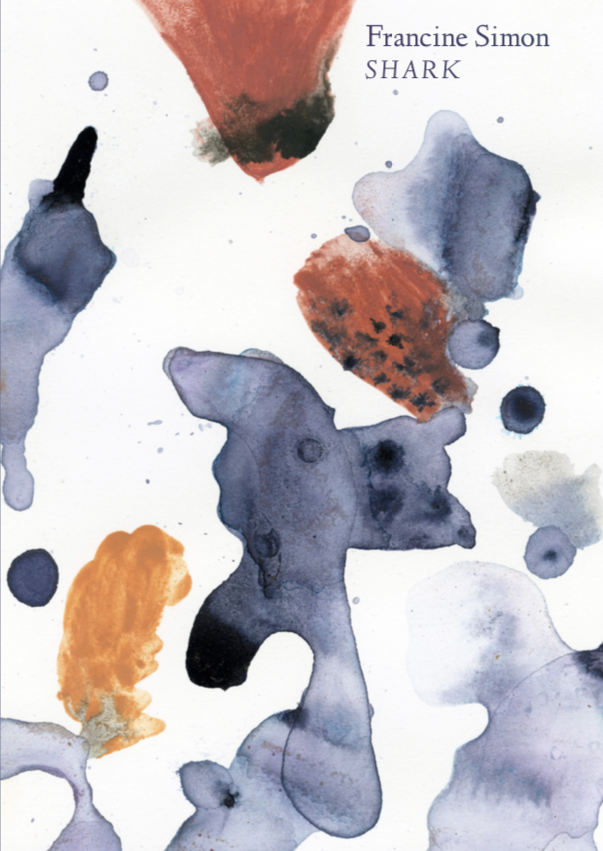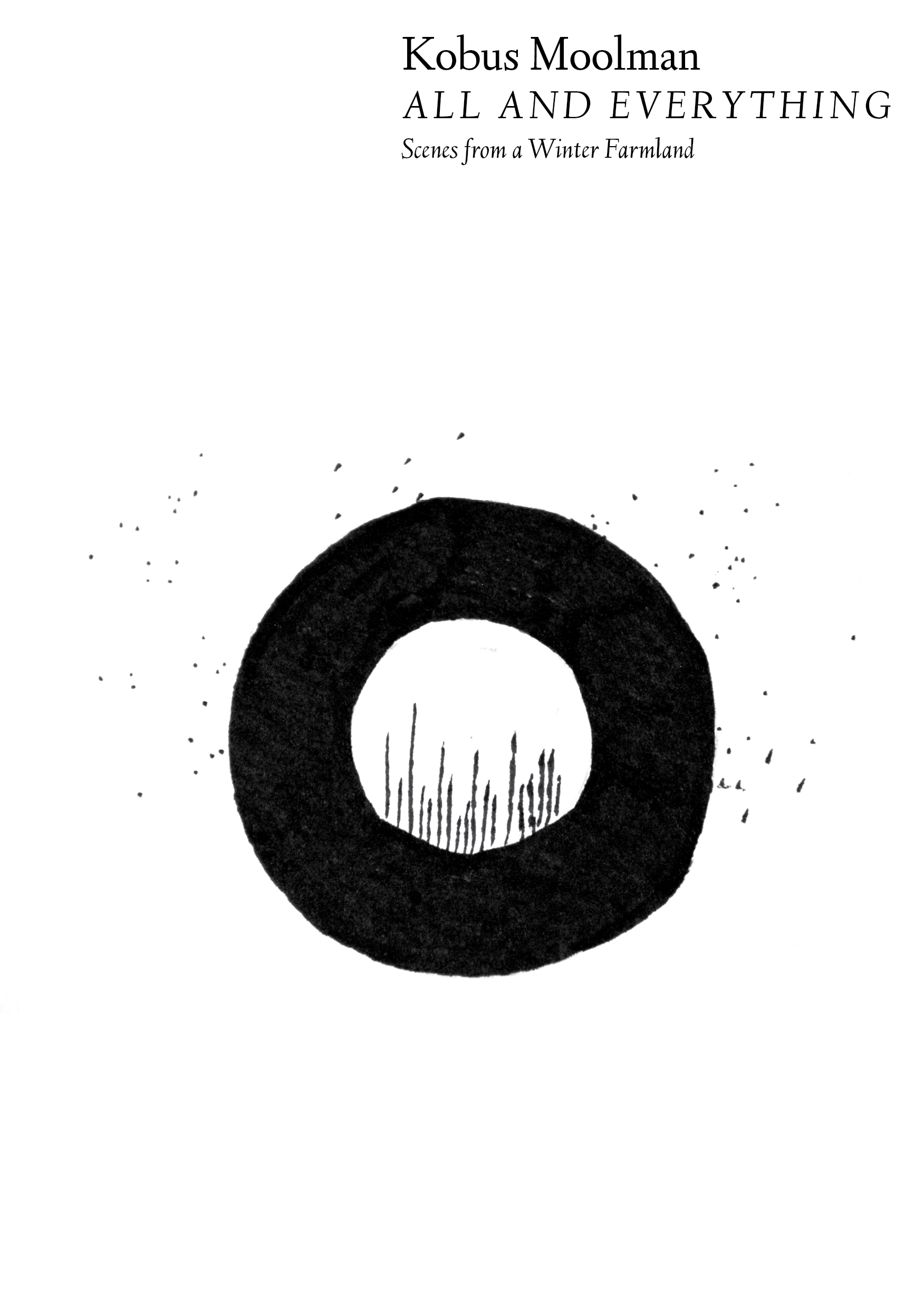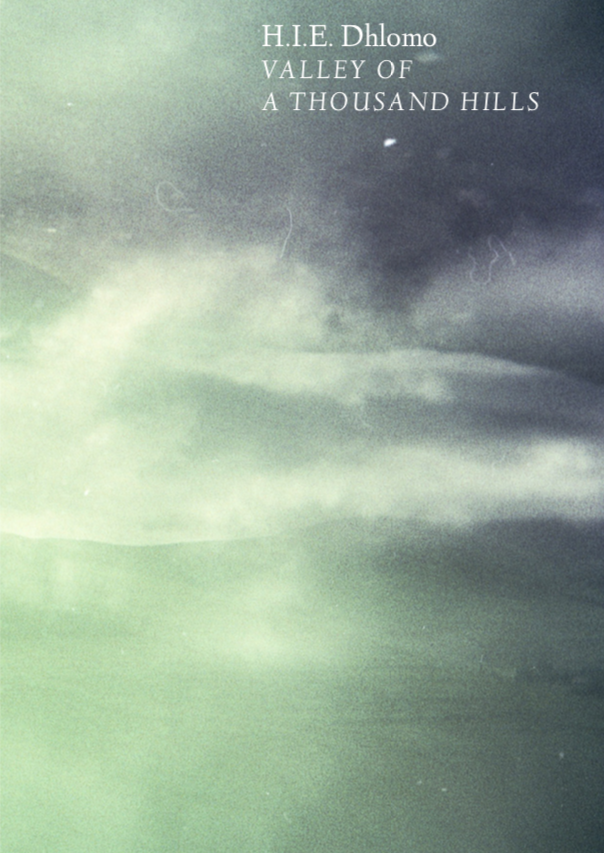It has always been our ambition to publish poetry in African languages.
While some of our books, such as Imbewu Yesini, a collection of poems by members of the CYPHER, have been partially or predominantly in isiZulu or isiXhosa, there remains a lack of high-quality, cutting-edge, original books entirely in those languages.
With that in mind, uHlanga is excited to announce the upcoming publication, in 2021, of two collections in isiXhosa: Ukuzilanda by Athambile Masola, and Unam Wena by Mthunzikazi A. Mbungwana.
Athambile Masola, born in Ezibeleni in 1987, grew up in East London and is currently a lecturer at the University of Pretoria. Her research and writing focuses on black women’s life writing, historiography, and intellectual histories. She recently submitted a PhD looking at the life writing of Noni Jabavu and Sisonke Msimang. Her own writing has been published in academic journals and a variety of publications, such as Al Jazeera, Africa is a Country, Prufrock and Sable Litmag. She is also a blogger and co-creator of the podcast Umoya: On African Spirituality, which features discussions on African spirituality in a modern context. She is a 2010 Mandela Rhodes Scholar and Mail and Guardian Young South African.
Mthunzikazi A. Mbungwana, born in 1981, is a poet and storyteller from Upper Indwana, Cala, Eastern Cape. She writes in isiXhosa, focusing on themes of home, dreams, and everyday black queer life. She has performed at major poetry festivals, and has had her work published in numerous literary journals and anthologies, including Baobab, Prufrock, Poetry Potion, New Contrast, and Our Words, Our Worlds: Writing on Black South African Women Poets, 2000-2018. She self-published her debut chapbook, Umnikelo, in 2015, and holds a Masters in Creative Writing, in isiXhosa, from the University Currently Known as Rhodes, Makhanda.
More details about the volumes, including release dates, will be provided closer to their release.










